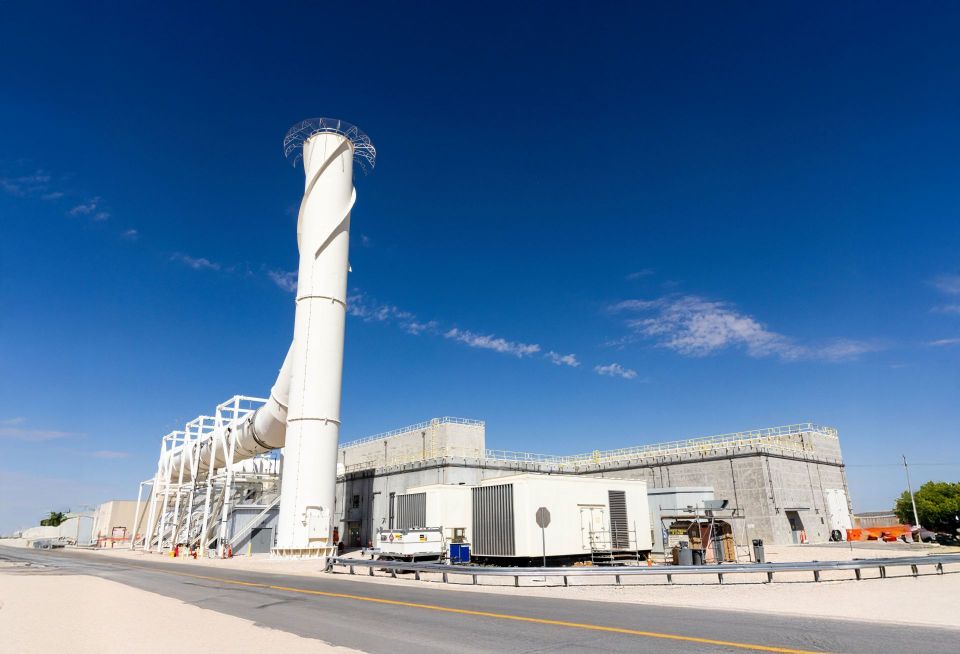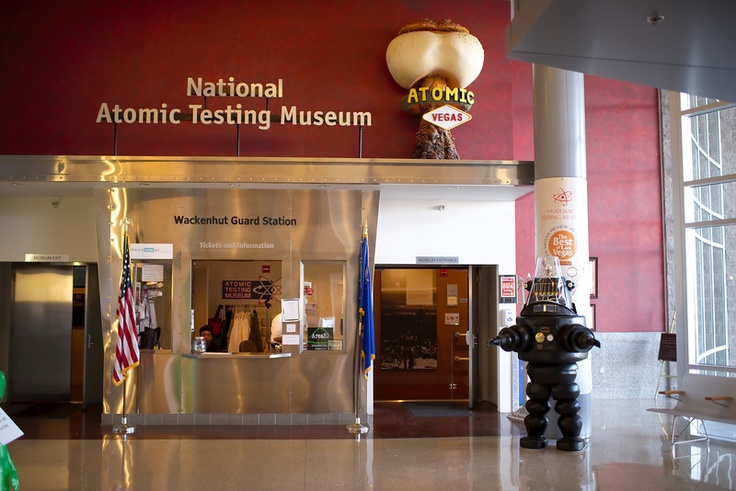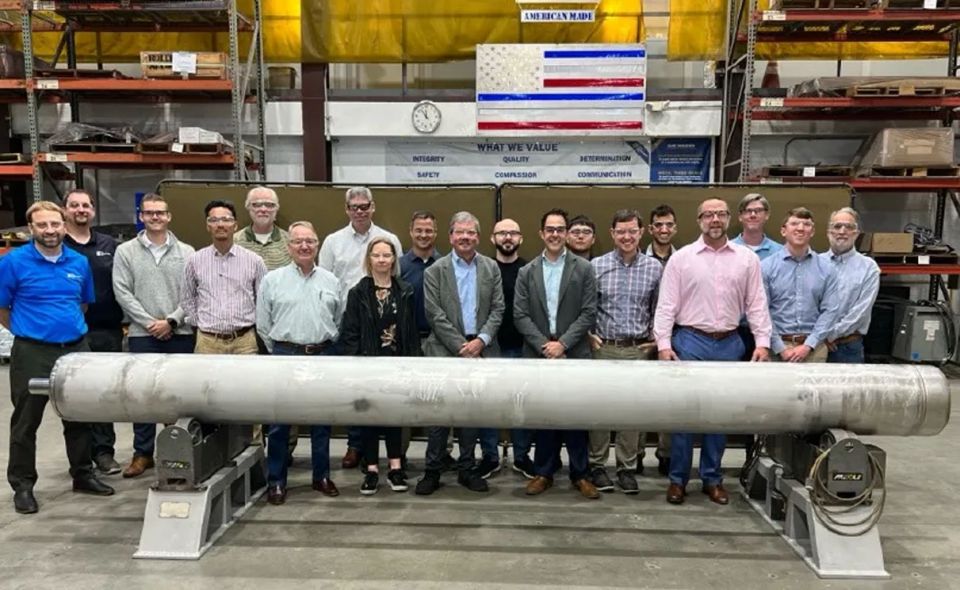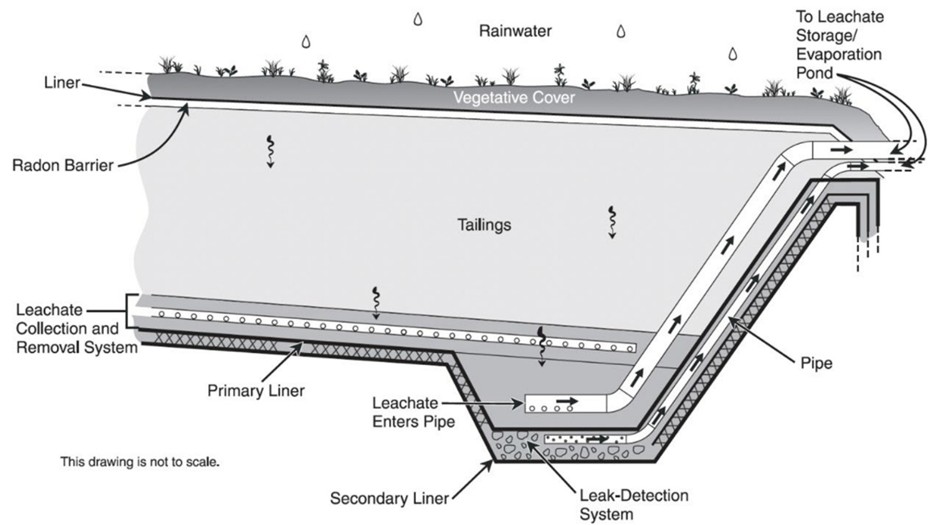US, Korea sign MOU for nuclear cooperation
The U.S. departments of Energy and State have signed a memorandum of understanding with the Republic of Korea’s ministries of Trade, Industry and Energy and of Foreign Affairs for the two nations to partner on nuclear exports and cooperation.
The signing occurred last week, after the parties had reached a provisional understanding in November 2024.
Multiple media outlets have reported that this agreement moves Korea closer to a $16B deal to build nuclear reactors in the Czech Republic. Industry officials have said that Westinghouse is likely to withdraw its complaint over the Czech’s choice of Korea Hydro & Nuclear Power (KHNP) as its preferred bidder to build reactors in Dukovany. Westinghouse has been in a dispute with KHNP for two years over the U.S. firm’s intellectual property rights, according to the Korea Times.
History: The U.S. and South Korea have worked together on civil nuclear power for more than 70 years. The cornerstone of this cooperation reflects the two countries’ mutual dedication to maximizing the peaceful uses of nuclear energy under the highest international standards of nuclear safety, security, safeguards, and nonproliferation.
The memorandum builds on this long-standing partnership and provides a framework for the parties to work together to expand civil nuclear power in third countries while strengthening their respective administration of export controls on civil nuclear technology. It will also provide a pathway to help both countries keep up with the emergence of new technologies in this sector.
A closer look: South Korea is one of the world’s top nuclear power producers, even though coal is still used for more than 40 percent of the nation’s electric generation. The 25 gigawatts of nuclear energy produced in South Korea account for 28 percent of the nation’s electricity.
South Korea's previous administration started phasing out nuclear in response to the 2011 accident at Japan’s Fukushima Daiichi reactor. When Korean president Suk-Yeol Yoon took office in 2022, however, he reversed course.
One of Yoon’s first acts was to restart construction at the Shin-Hanul plant, where Units 1 and 2 were recently completed and came on line. Construction of two more APR-1400 reactors (Units 3 and 4) continues at the site, where a ground-breaking celebration was held in 2024.








